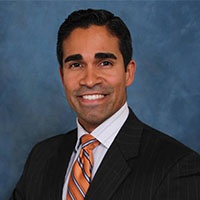 Bloomington Misdemeanor Lawyers, New York
Bloomington Misdemeanor Lawyers, New York
Sponsored Lawyers
1-4 of 4 matches
1436 Route 52
Fishkill, NY 12524
Criminal, DUI-DWI, Felony, Misdemeanor, Traffic
Angel I. Falcon is a Dutchess County based general practice catering to the legal needs of individuals and businesses in the Hudson Valley and surrounding areas.
(more)
Criminal, Felony, DUI-DWI, Misdemeanor, White Collar Crime





